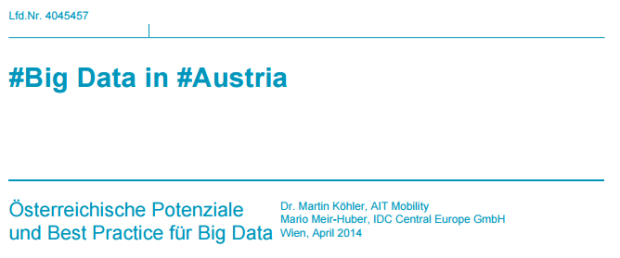Written by Prof. Dr. Philippe Cudre-Mauroux, University of Fribourg
Far from today’s buzz, Big Data emerged as a new topic a decade ago as a result of two conflicting developments: the explosion of available data on one hand, and new hurdles hampering the evolution of database management systems on the other hand. As data was rapidly growing through the wider deployment of sensing and Web technologies, data management was facing unprecedented issues: limited progress on the hardware front (with stagnating CPU frequencies and inefficient storage media), as well as the appearance of new data types and query workloads (sensor data, social Web data, analytics).









